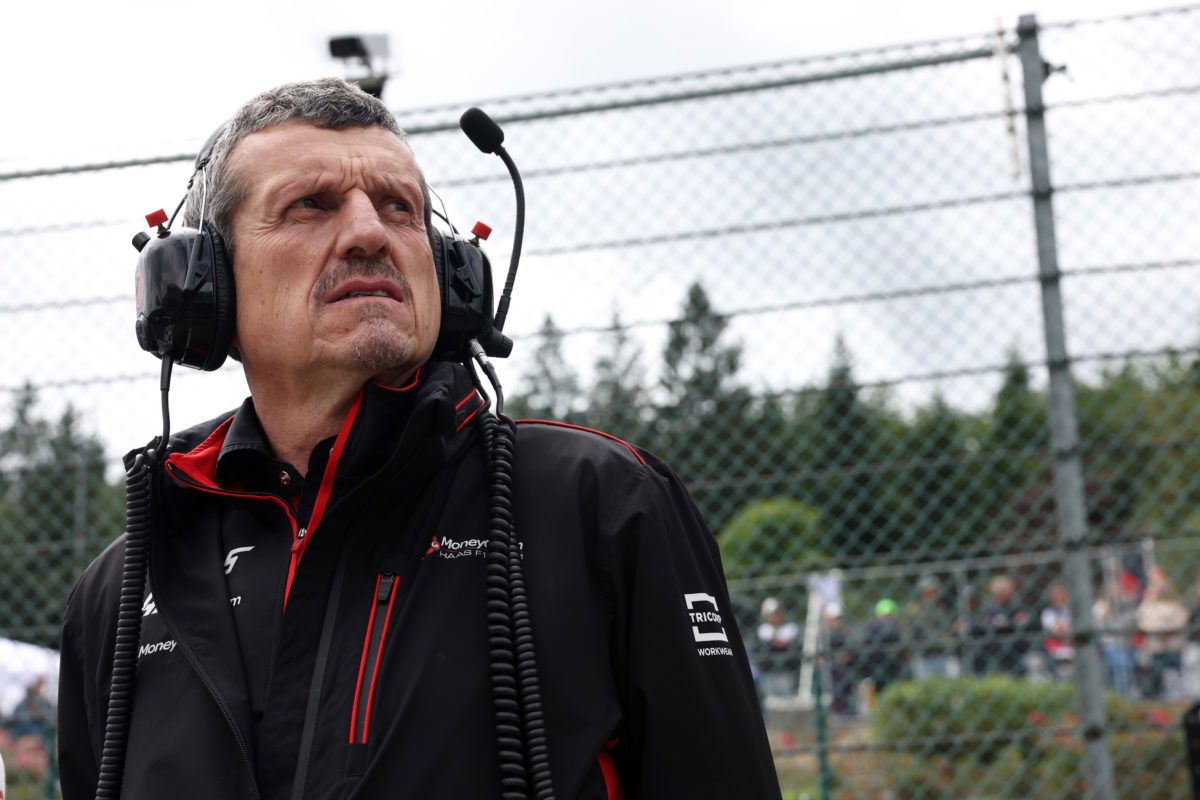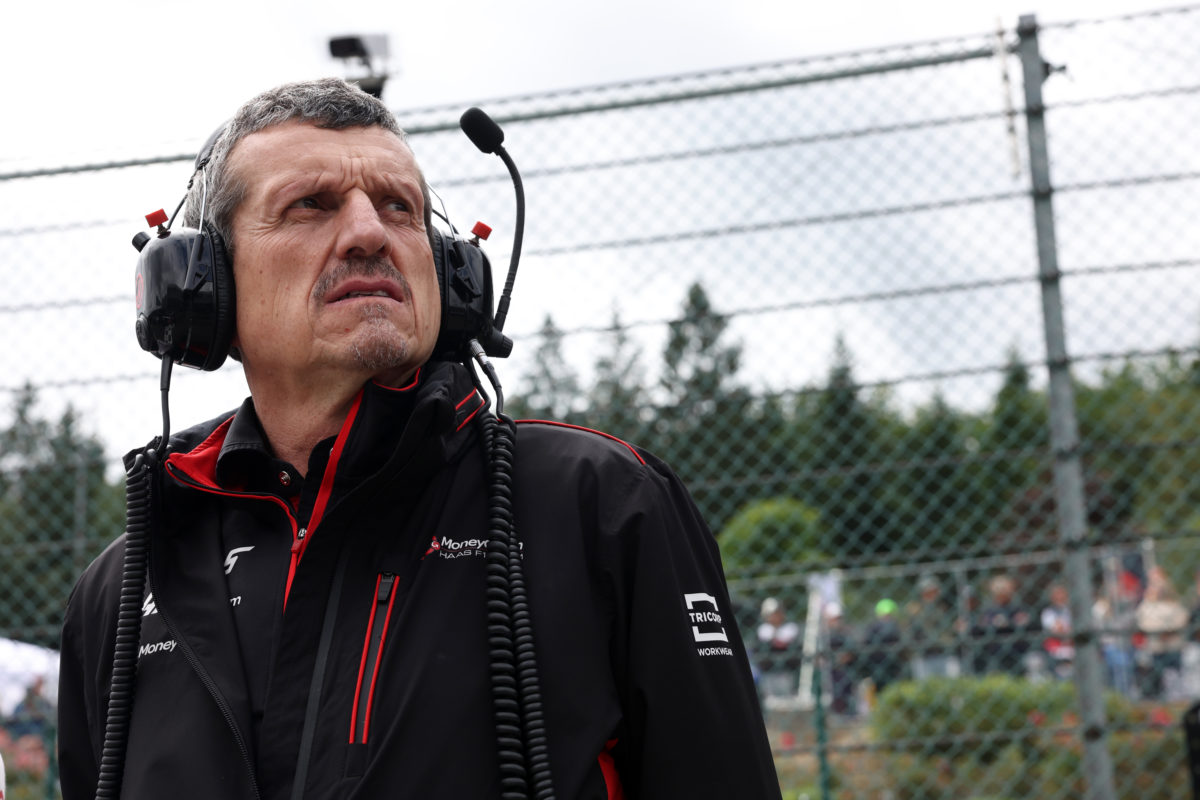

Haas team principal Guenther Steiner feels the team’s infrastructure split is playing its part in the on-track difficulties this year.
Since Haas entered F1 it has always operated out of different bases, with its administrative headquarters in the United States, in the North Carolina city of Kannapolis, and with a factory in Banbury in the United Kingdom.
In early 2022, Haas added a third facility by taking up an opportunity from power unit supplier Ferrari to house its aerodynamic and design team in Maranello, Italy.
It is an unusual dynamic, especially when you consider the ‘campus’ ideology of its rivals where all departments are housed under one roof, with Aston Martin becoming the latest to move into a purpose-built factory at Silverstone.
Asked in an interview with Speedcafe whether the lack of unity was affecting the team’s ability to overcome the current issues with the VF-23, Steiner replied: “It is, you cannot deny that.
“At the moment, our business model doesn’t do well with having everything in one place. So what we try to do is manage as best as possible.
“It’s one of these things. I noticed it more after the (Covid-19) pandemic, and 2021 got a little bit more difficult with everything.
“We just need to get by at the moment. As long as we have this business model, this is what we need to do. It’s the best way for us with what we’re doing.”
Whilst Haas would naturally prefer to be more unified, Steiner maintains there is no alternative at present.
“If I had a choice I’d do something different, but I don’t have a choice at the moment,” he added.
“If you do something different, you need to come up with a good way of how to do it, but at the moment, there is no good way to unify the team like this.
“The only thing would be to take the race team to Italy. That would be much easier than taking the technical team to the UK but that is also not possible because we have got 100 people working there.
“I would need to replace at least half of them – maybe more – because more than half wouldn’t go to Italy, understandably so.
“So for the short- and mid-term, we are fine like we are.”
Steiner has confirmed the primary issues relate to “conversation, communication”, even the simplest of chats with a colleague.
As to whether there have been delays in communication given the geographical spread, Steiner said: “More than that – sometimes no communication. Things have been forgotten.
“Again, if you look at what happened after Covid, a lot of people continued to work from home, and you miss that (personal) communication.
“There are normal things that aren’t communicated. Communication occurs when you see someone in a corridor, if you have a coffee somewhere, or when people meet outside of work.
“You talk about work, but also not about work. Even knowing how the family of your colleague is doing gives you information. If someone is in a bad place, you leave them alone. If you don’t know, you just keep on asking questions.
“Otherwise, you’d say ‘Hey, I’ll leave them’ because they’re struggling with this, that, and the other in life.
“It’s that social communication we don’t have, and which is a little bit frustrating sometimes.
“After Covid, I’ve found it frustrating people not coming back to the office because there was natural communication going on we are now not aware of.”





















Discussion about this post